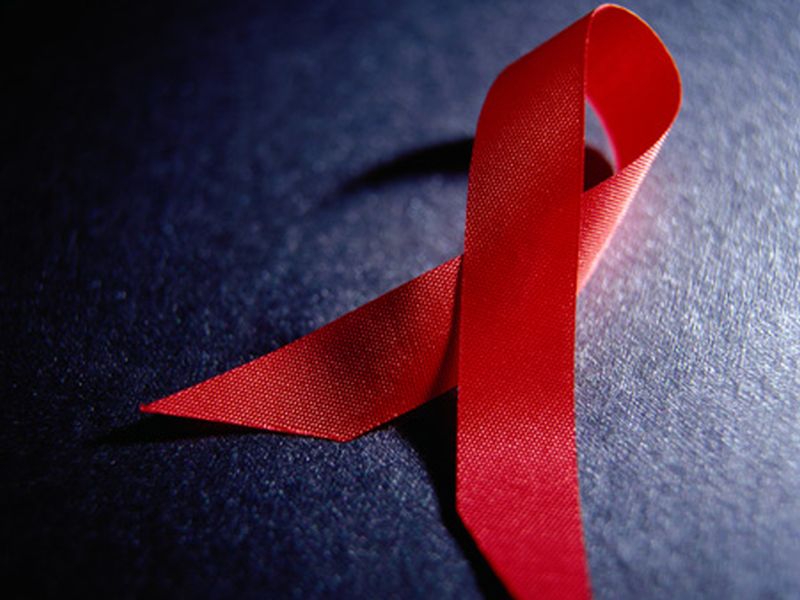

Is the AIDS Epidemic Winding Down in the U.S.?
Infection rate could be as low as 12,000 people a year by 2025, researchers reportWednesday, May 17, 2017

WEDNESDAY, May 17, 2017 (HealthDay News) -- Could the United States be turning the corner on the AIDS epidemic?
New research suggests it's possible.
If certain targets are met, the rate of new infections may be down to 12,000 a year by 2025, which would mark a transition toward the end of the HIV/AIDS epidemic, the researchers said.
"Achieving these targets will require a sustained and intensified national commitment to ending the epidemic," said study author Dr. Robert Bonacci, from Brigham and Women's Hospital in Boston.
"But if the U.S. does achieve a reduction to 12,000 new HIV infections by 2025, it could mark an important turning point in the U.S. HIV epidemic: a decline in the total number of people living with HIV in the U.S., and the beginning of the end of the U.S. AIDS epidemic," he said in a hospital news release.
It's crucial that the goals of the U.S. National HIV/AIDS Strategy (NHAS) are met. The goals for 2020 include: 90 percent of people living with HIV knowing their status; 90 percent receiving quality care; and 90 percent of HIV patients on antiretroviral therapy achieving suppression of the virus.
Rates of 95 percent would have to be achieved by 2025, the researchers said.
It's especially important that these targets are reached among groups hardest hit by HIV, including gay men, young people, transgender persons, black and Hispanic Americans and those who live in southern states.
"Providing HIV services to our most disproportionately affected communities is fundamental to future success," said study senior author David Holtgrave, from Johns Hopkins Bloomberg School of Public Health.
"In an era of limited funding and competing priorities, it is critically important that we intensify our national commitment to addressing the HIV epidemic over the next decade," he added.
The research was published online May 15 in the American Journal of Preventive Medicine.
SOURCE: Brigham and Women's Hospital, news release, May 15, 2017
HealthDay
Copyright (c) 2017 HealthDay. All rights reserved.
News stories are written and provided by HealthDay and do not reflect federal policy, the views of MedlinePlus, the National Library of Medicine, the National Institutes of Health, or the U.S. Department of Health and Human Services.
- More Health News on
- HIV/AIDS




























.png)











No hay comentarios:
Publicar un comentario